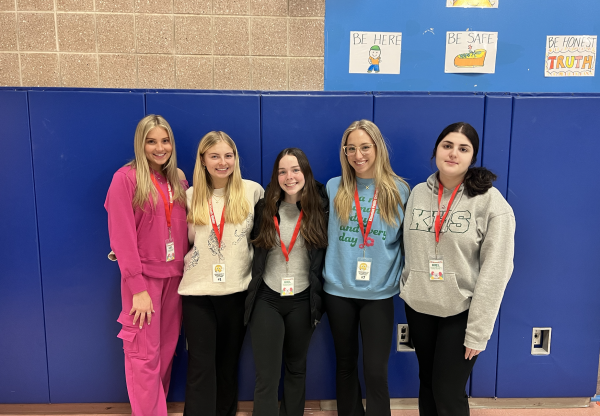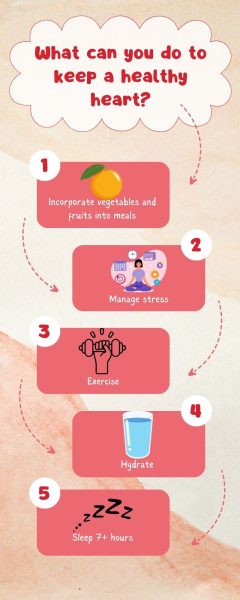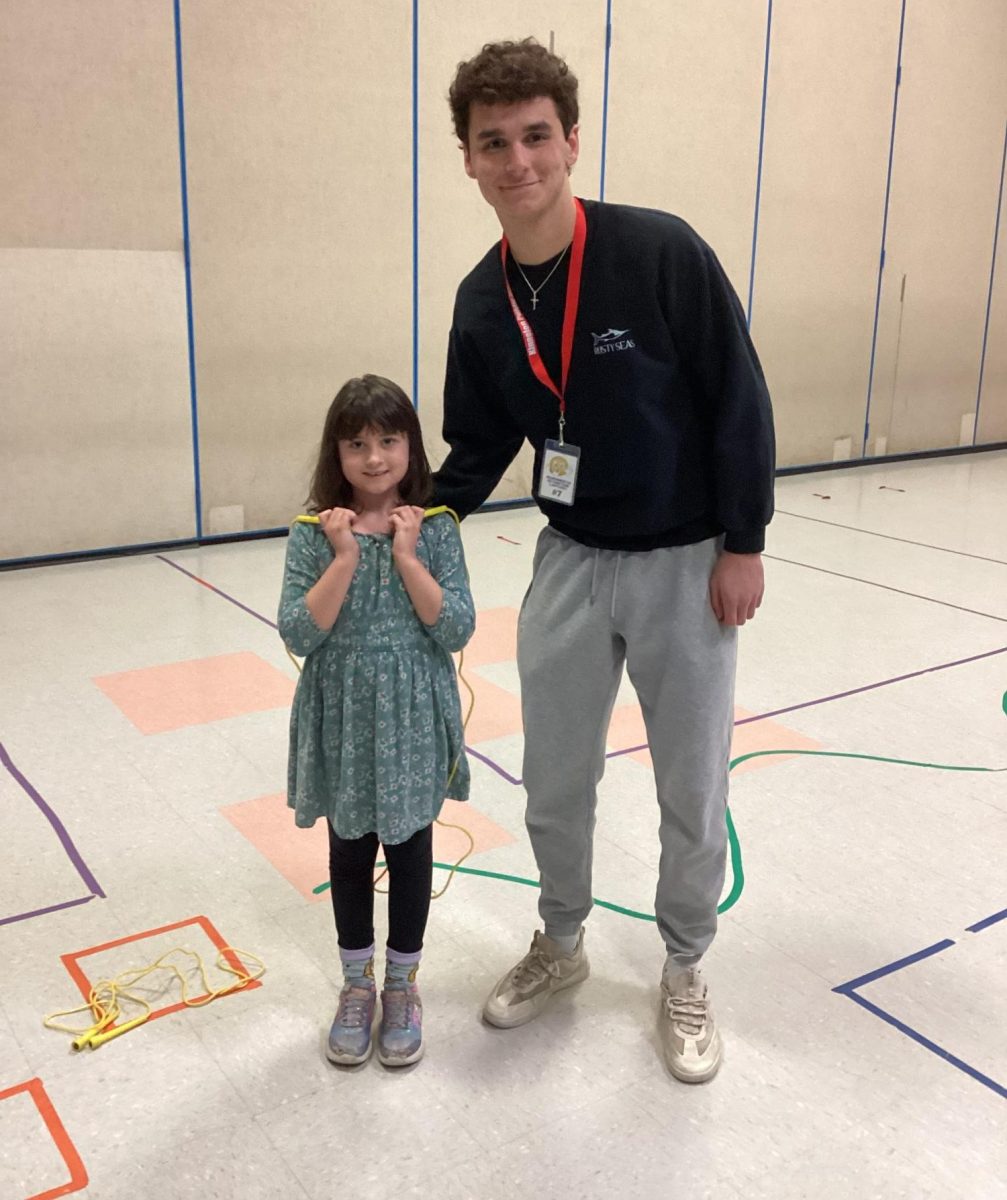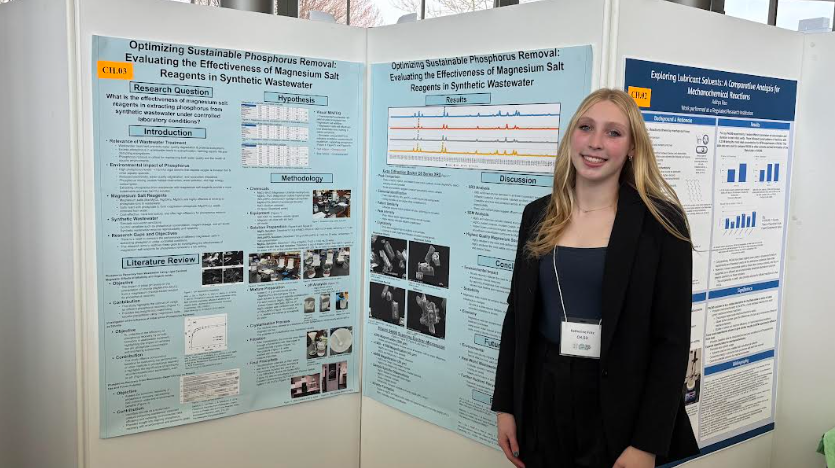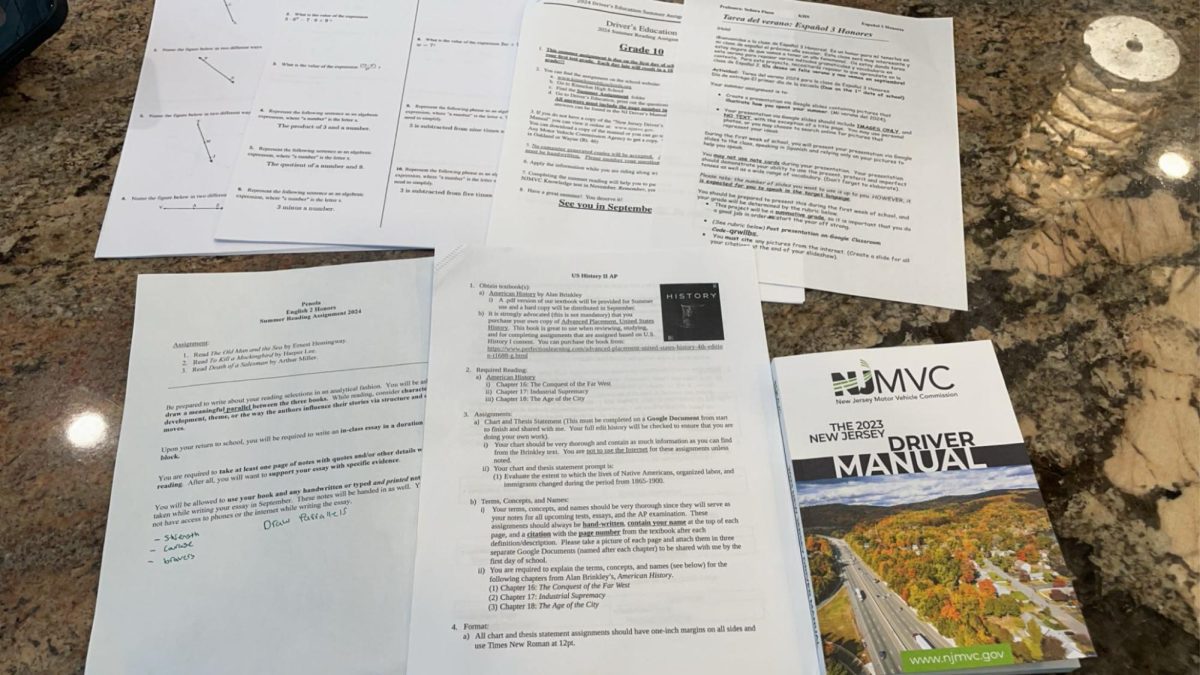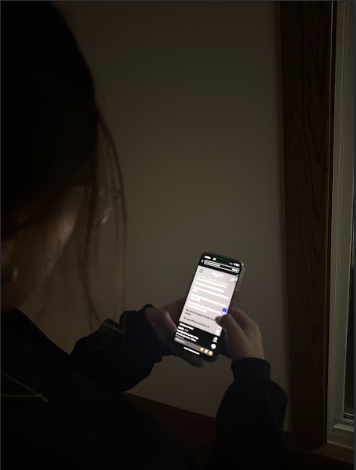February is American Heart Month, a time when people of all ages and genders are encouraged to focus on their cardiovascular health and learn the importance of preventing heart diseases. To spread awareness for young students, KHS Peer Leaders have dedicated one week to promoting heart health.
According to the National Heart, Lung, and Blood Institute, “Heart disease is a leading cause of death in the United States for both men and women.” For young people, the risk of cardiovascular issues has been on the rise. In a Harvard Health study, they found that young adults have an increased risk for hypotension and diabetes.
When physical education teacher Rebecca Baskinger started at Kiel nine years ago, she wanted to create an event that reminded students to take care of their actual physical hearts, as well as the hearts and well-being of others. “This event also coincides with our schoolwide Kiel Cares Foodrive, so all of the initiatives really tie into one another with caring for our physical hearts, as well as one’s figurative heart.”
The Peer Leaders assisted physical education classes with cardiovascular activities and ways to keep kids active and healthy. As leaders, they strive to educate their peers and create a healthy and motivating environment. Club advisor and history teacher Danielle Elia says, “It is important to have positive role models for the younger kids. Sometimes it is more effective to hear the message from older kids and not just adults.”
This group of students are excellent candidates for this event because they embody positivity, which they wish to teach students at Kiel. Baskinger says, “It is absolutely heart-warming to see a KHS student coming alongside our Kiel students and playing a game together in PE and having those positive interactions.” Baskinger shares that her students hope to become Peer Leaders in high school and get the chance to help out with this event.
During their trip to Kiel, students were able to participate in fun activities that showed kids how physical activity can contribute to having a healthy heart. Sophomore leader Kelly Donaldson says, “We mostly played games with the students, like tag or soccer, or kickball, whatever they wanted to do.”
While these activities may seem as if they are simply for fun, they guide kids to be active from a young age. Elia says, “Introducing healthy habits and routines at a young age makes it easier for kids to continue them throughout their lives. Also, knowledge is power, so if kids know why it is important, they are more likely to buy in at a young age.”
Senior Peer Leader Marie Levi was able to share some of her knowledge with the students. “We told the kids to drink a lot of water, limit their salt and sugar, eat vegetables, exercise, limit stress, and have fun!”
As they grow up, they will learn other ways to adopt a healthy lifestyle that contributes to reducing the risk of heart disease. Gym teacher Nino Capra says, “[Students can] get enough sleep, refrain from smoking, control their cholesterol, manage stress, manage blood sugar levels, and get at least 150 minutes of physical activity each week.”
While the event is mainly targeted toward physical health, it approaches physical activity from an intuitive lens.
The event also emphasizes the importance of managing stress and regulating emotions, skills that can carry over into adulthood. Baskinger says, “We’ve also tied in mindfulness and calming techniques, such as taking five deep belly breaths, or looking around at nature and appreciating the beauty right before our very eyes.”
Baskinger stresses the importance of properly treating the body because everyone only gets one. “I also want my students to look back at Kiel PE and to remember how they felt: accepted, safe, and cared for.”
Along with being kind to themselves, they are being taught to show kindness to those around them. “Students are also being reminded of ways to care for the hearts of others. We talk about random acts of kindness, empathy, and sportsmanship, as well as full values, which is our character education program.”
Even though the peer leaders have a great deal of knowledge, they too, were able to learn from the event. Donaldson says, “It was very refreshing to be able to be around the optimism they had to offer, always wanting to play, and helping other kids when they fell. It helped me learn that we should all think like kids sometimes, and just be happy, and help other people.”
